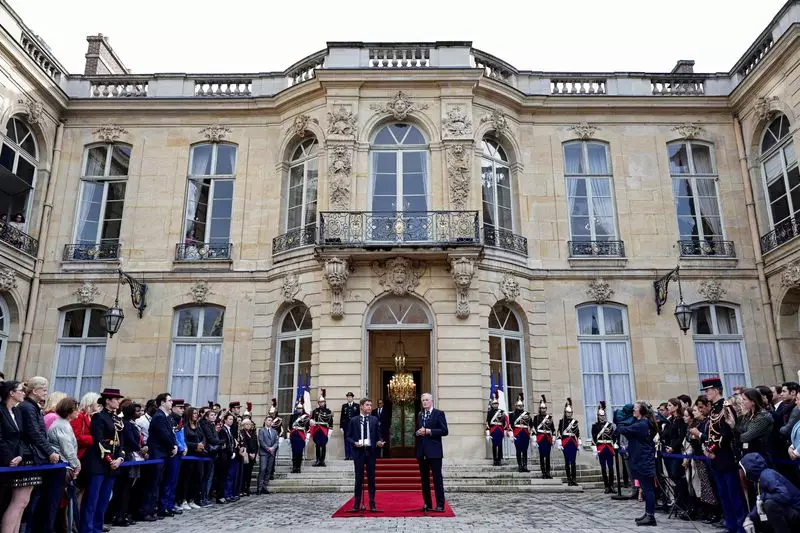France has recently requested the European Commission to extend its deadline for submitting a plan to reduce its public deficit beyond Sept. 20. This request was made in order to align with Paris’ 2025 draft budget. The Finance Ministry emphasized the importance of coherence between the reduction plan and the future budget, indicating potential challenges in meeting the current deadline. The financial shortfall faced by France has raised concerns about the need for additional savings and the implications of failing to address the deficit effectively.
The unexpected increase in France’s budget deficit poses a significant challenge for the incoming Prime Minister, Michel Barnier. With the country already in EU disciplinary proceedings due to its deteriorating finances, Barnier must navigate the complexities of forming a new government and preparing a budget by Oct. 1. The looming threat of a parliamentary vote of no-confidence adds further pressure to the situation, highlighting the urgency of addressing the financial crisis promptly.
The financial crisis in France raises the need for difficult policy decisions in the near future. The government may be forced to choose between cutting spending, raising taxes, or facing consequences in terms of credibility with EU partners and financial markets. The current situation underscores the importance of implementing effective measures to stabilize the economy and restore confidence in France’s financial stability.
The appointment of Michel Barnier as Prime Minister comes at a critical juncture for France, with the country grappling with economic challenges and political uncertainties. The involvement of diverse political blocs, such as the New Popular Front (NFP) alliance and the far-right National Rally (RN), adds complexity to the decision-making process. Collaboration between different parties and factions will be essential to address the financial crisis and steer the country towards a more stable economic future.
As the financial crisis in France unfolds, it is crucial for policymakers to adopt a balanced and strategic approach to addressing the budget deficit and restoring economic stability. The ability to navigate political dynamics, make tough decisions, and implement effective measures will be key to overcoming the current challenges and positioning France for sustainable growth in the long term.

